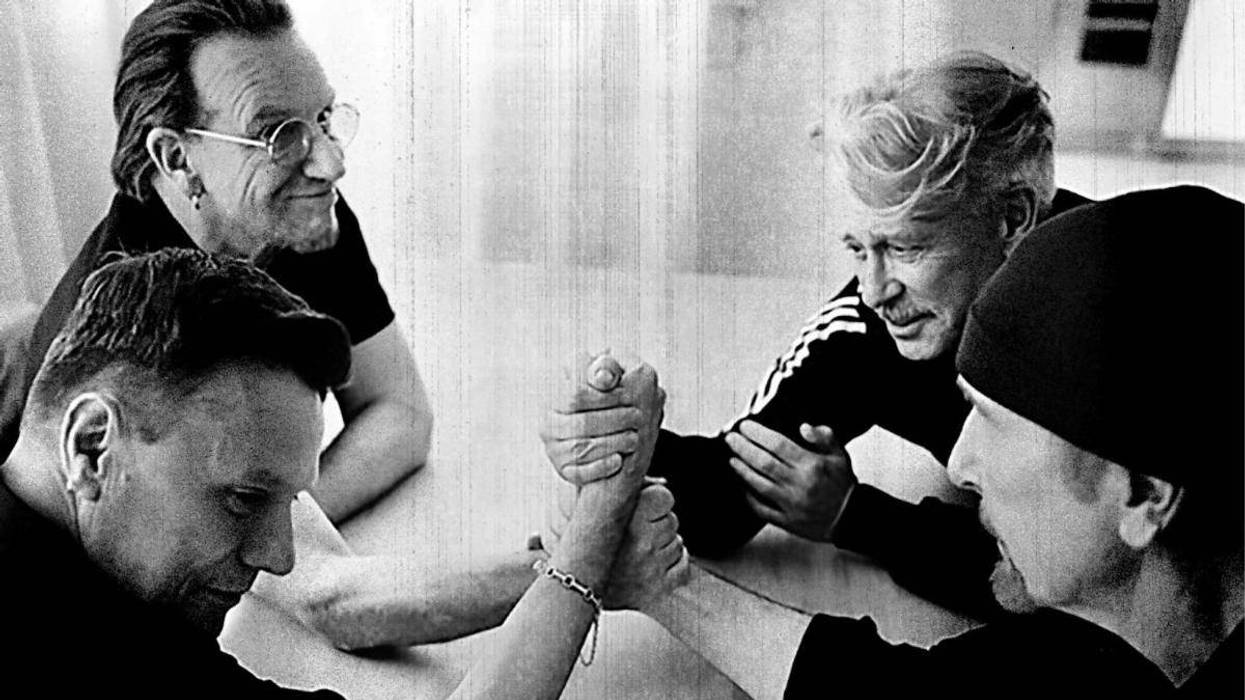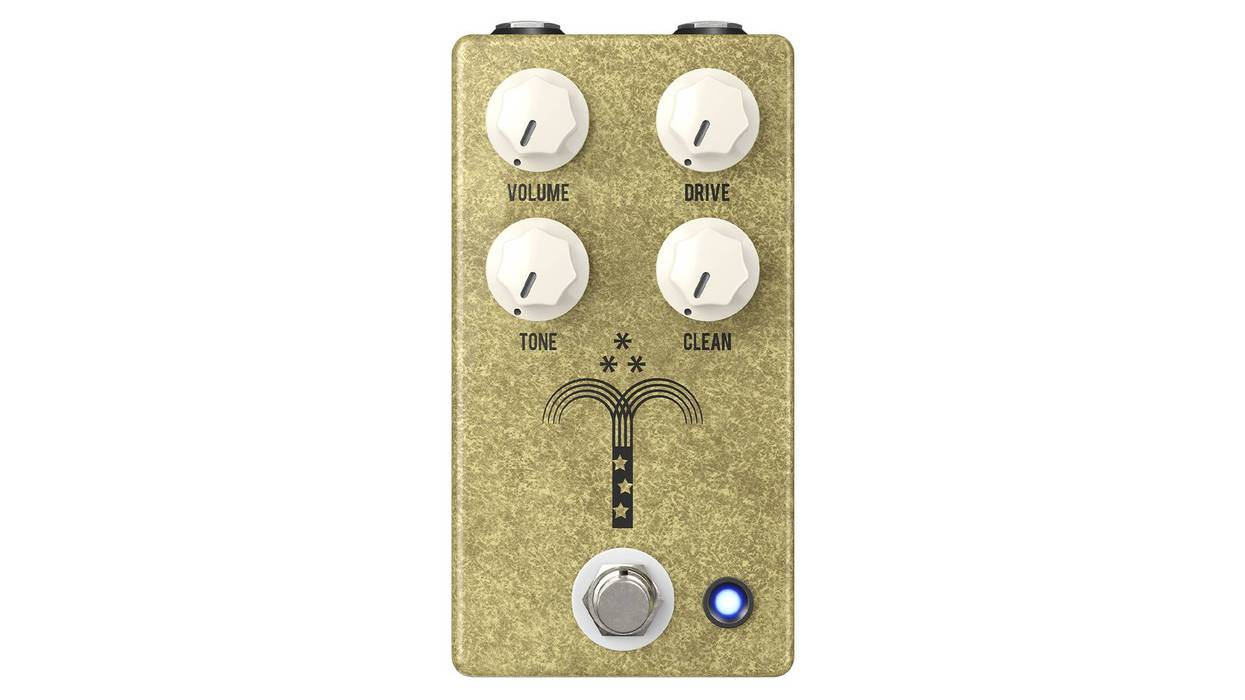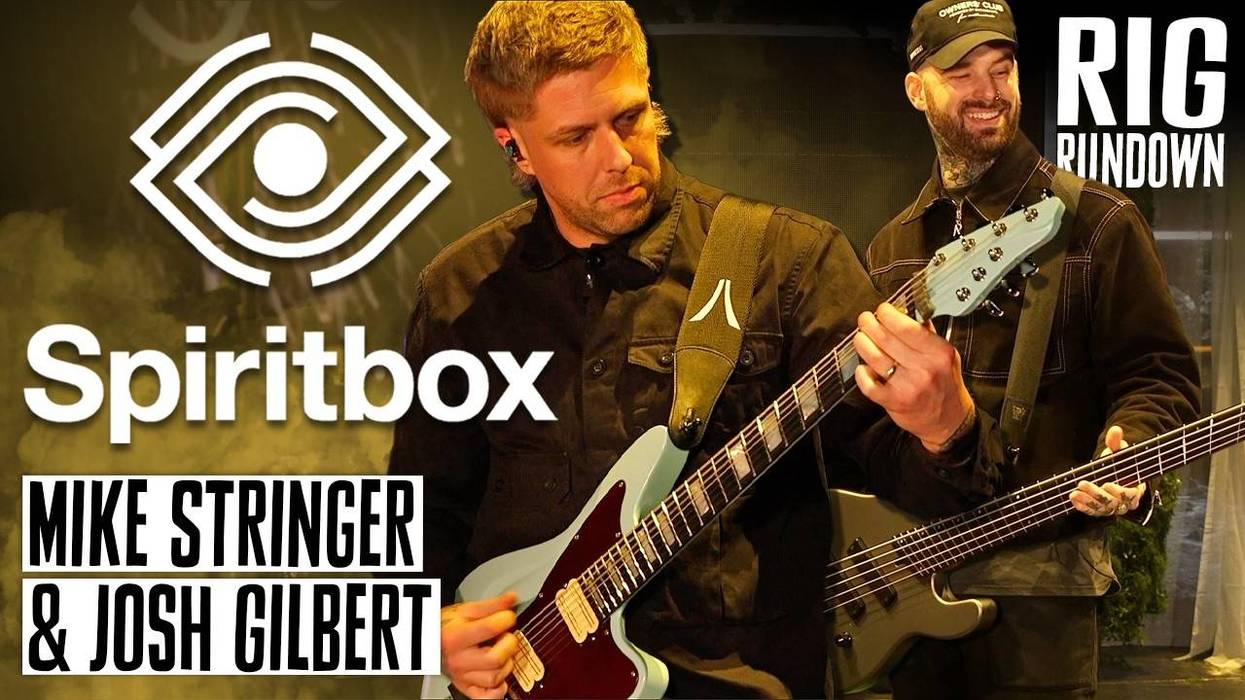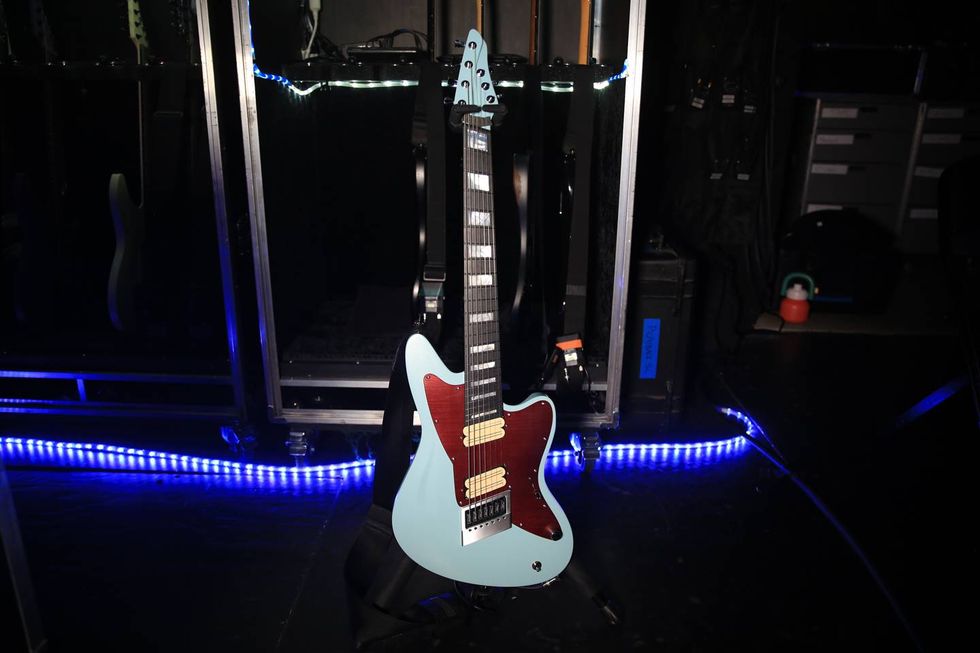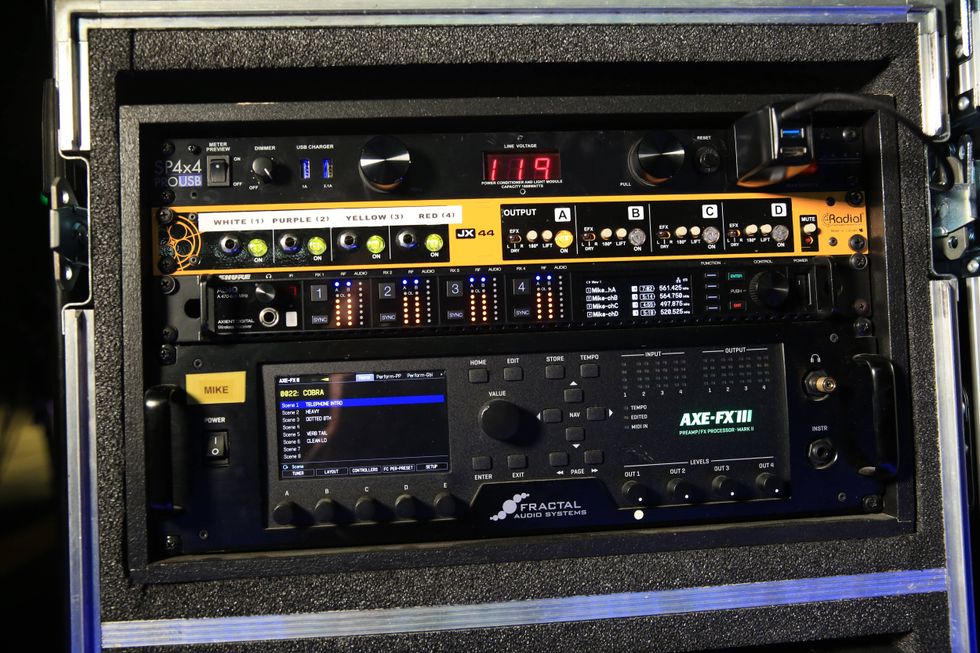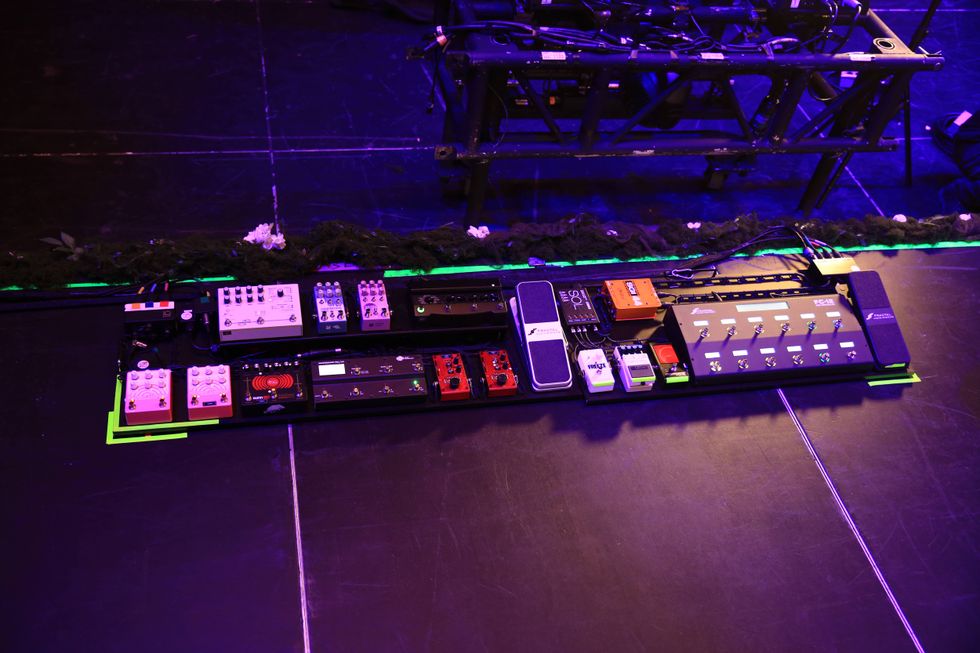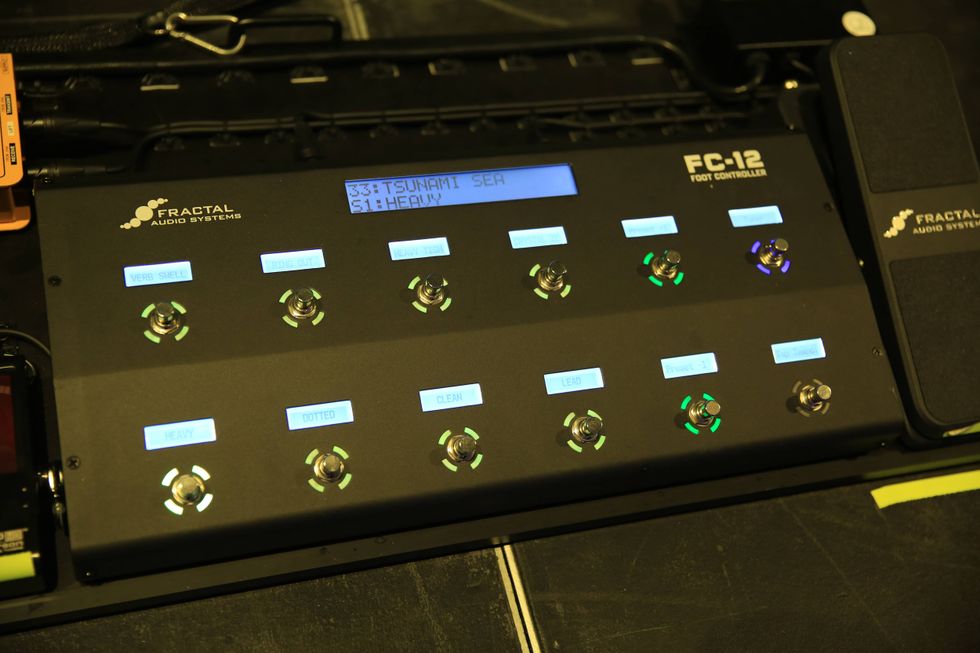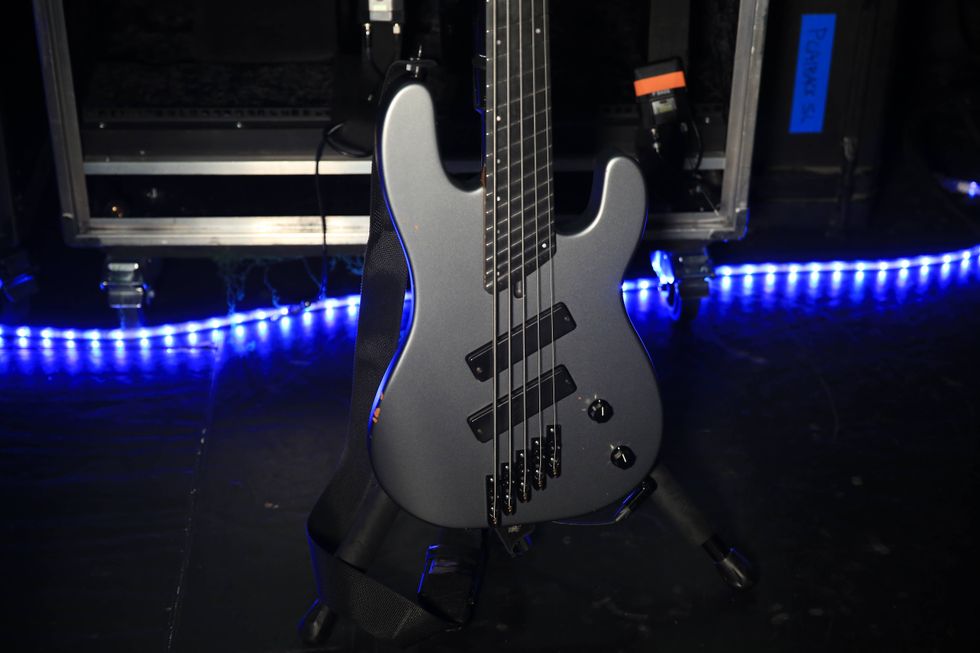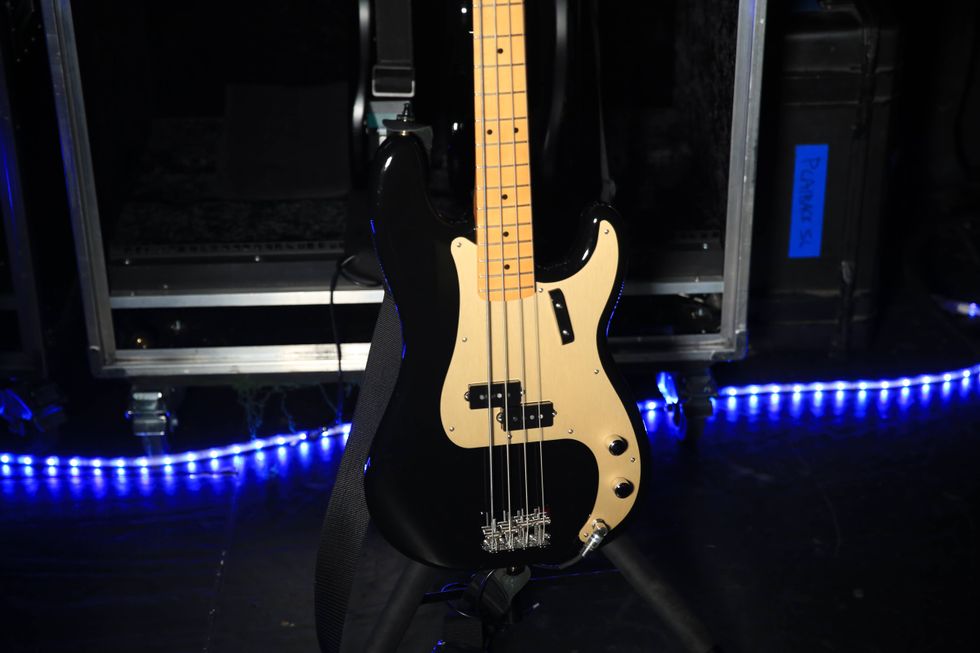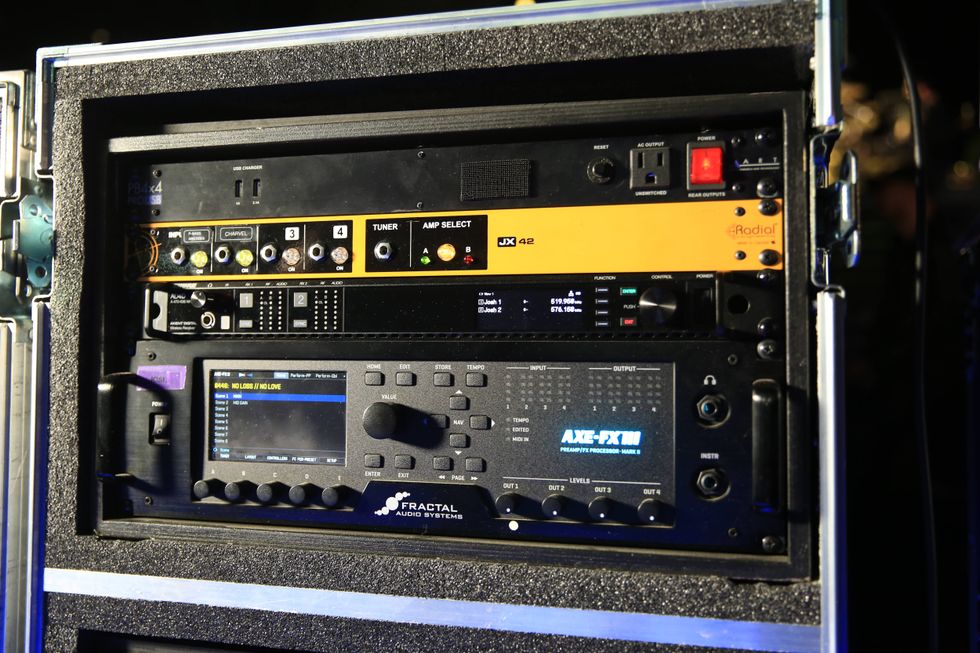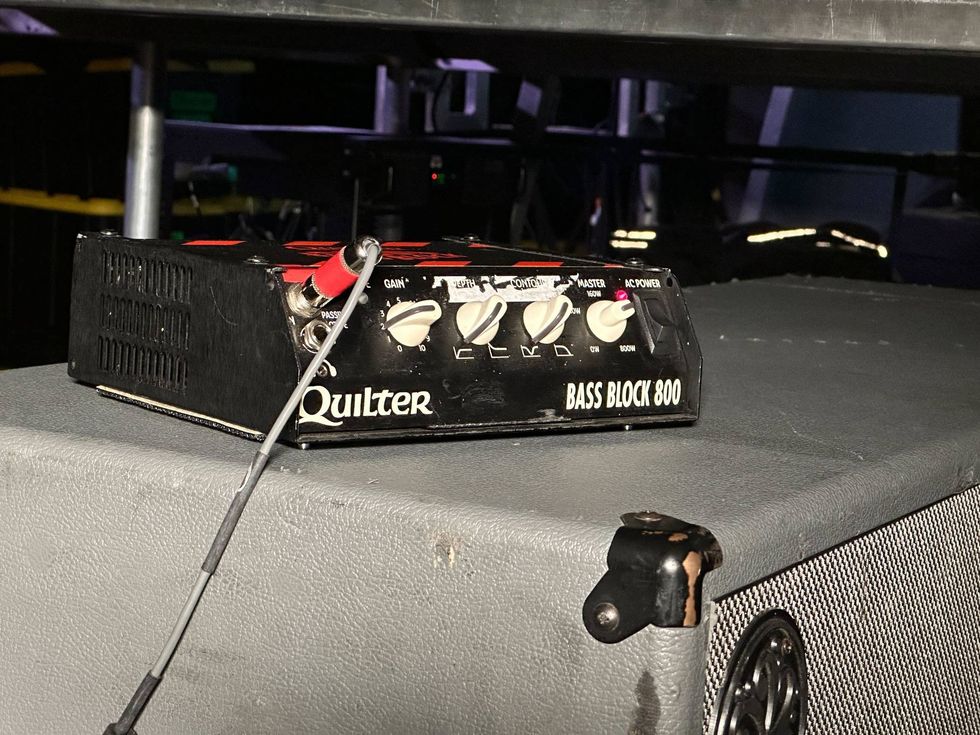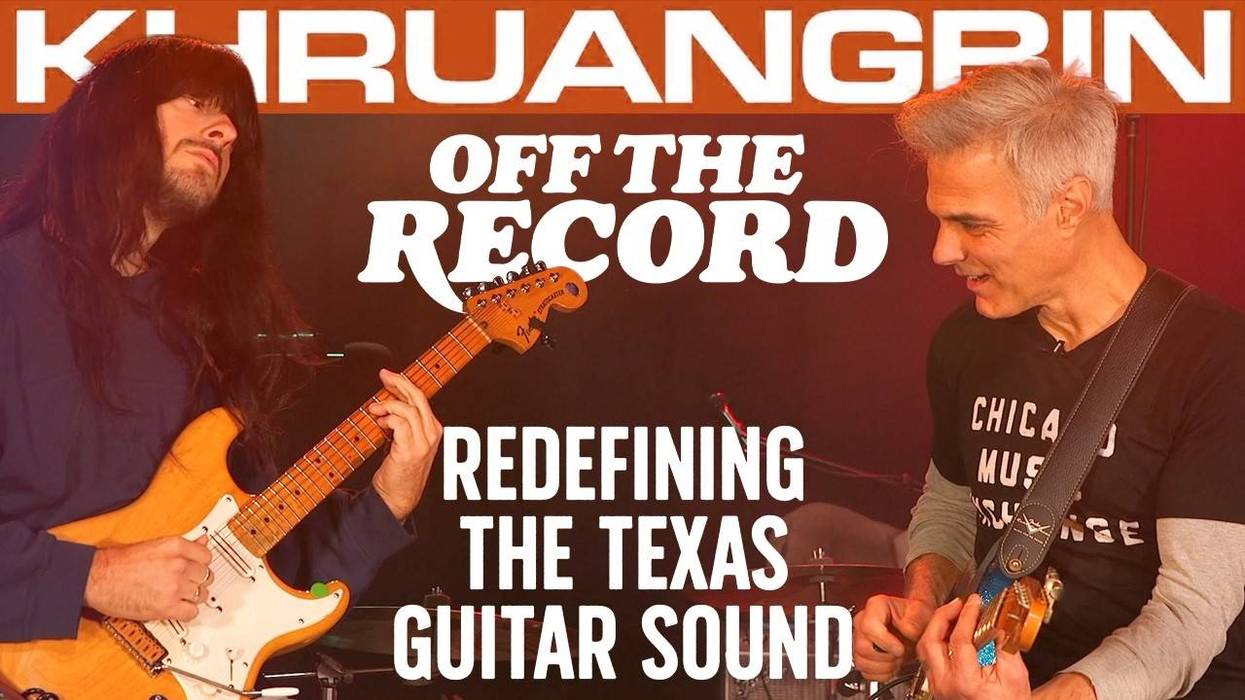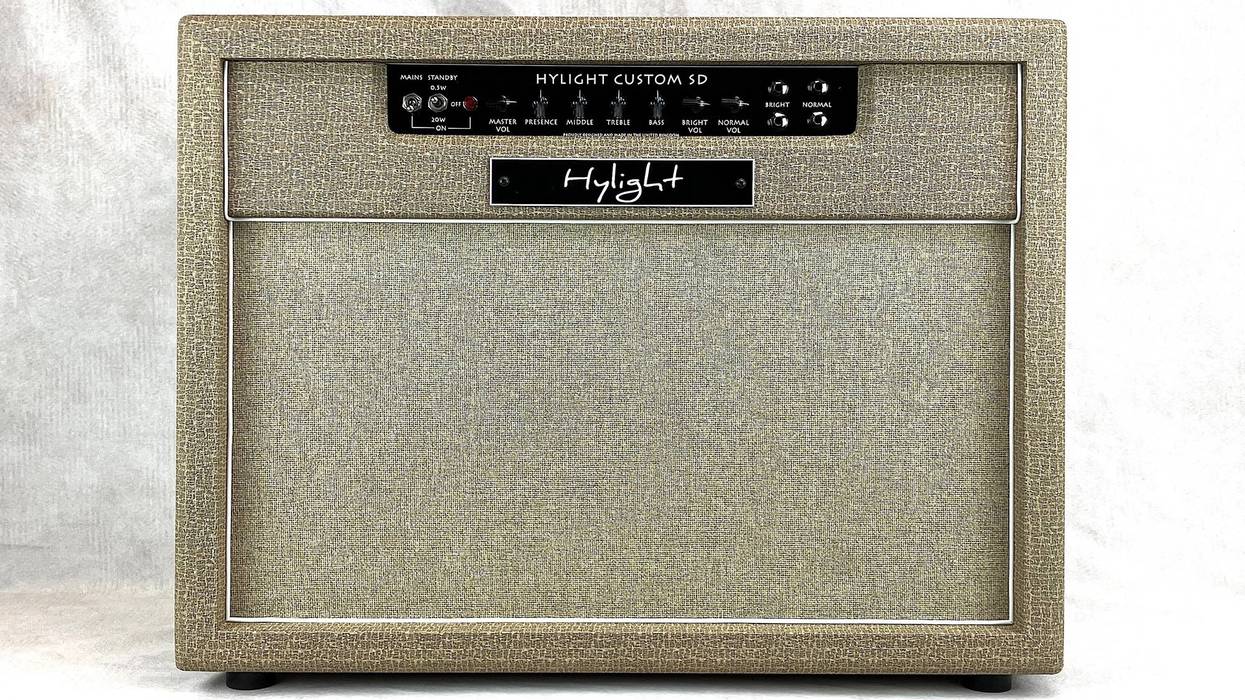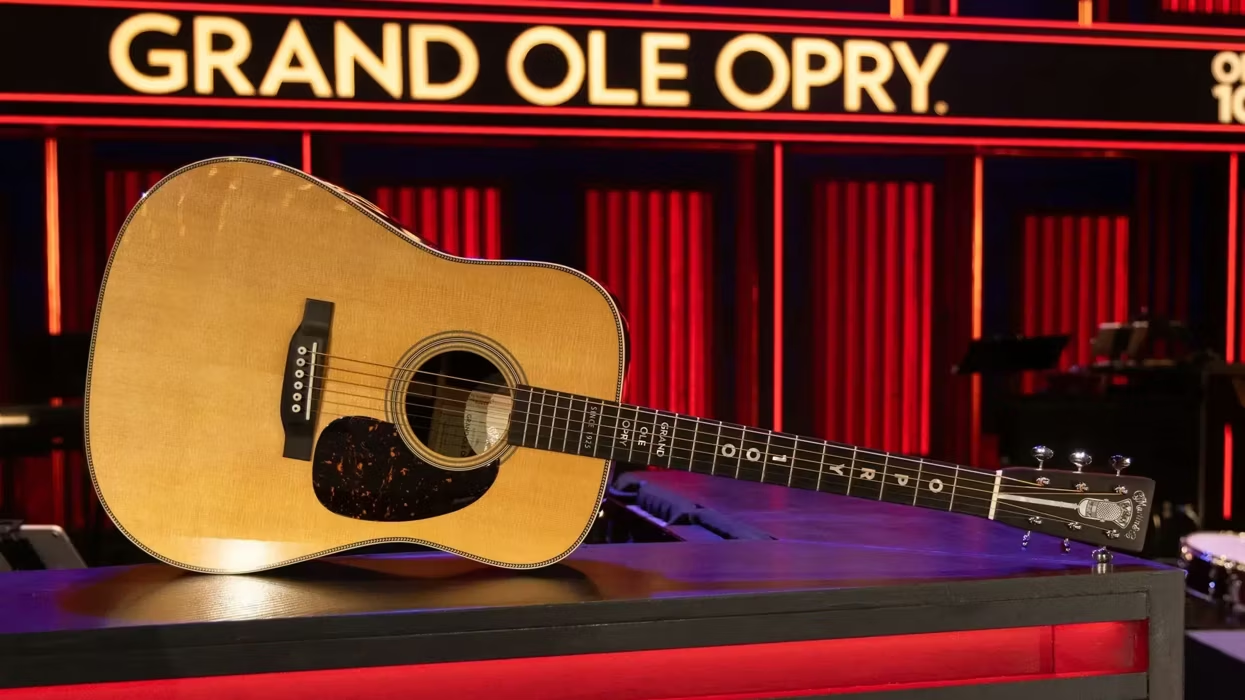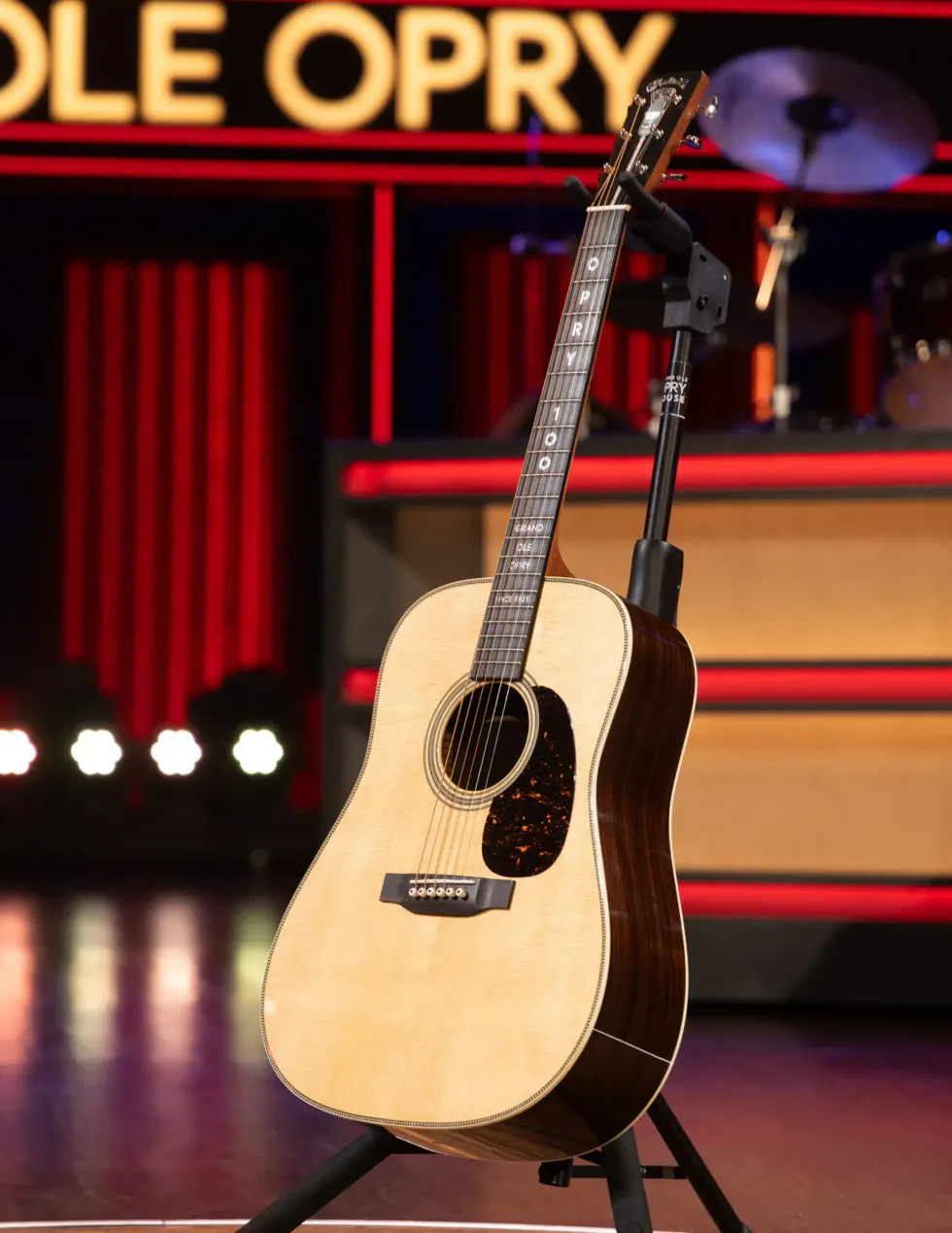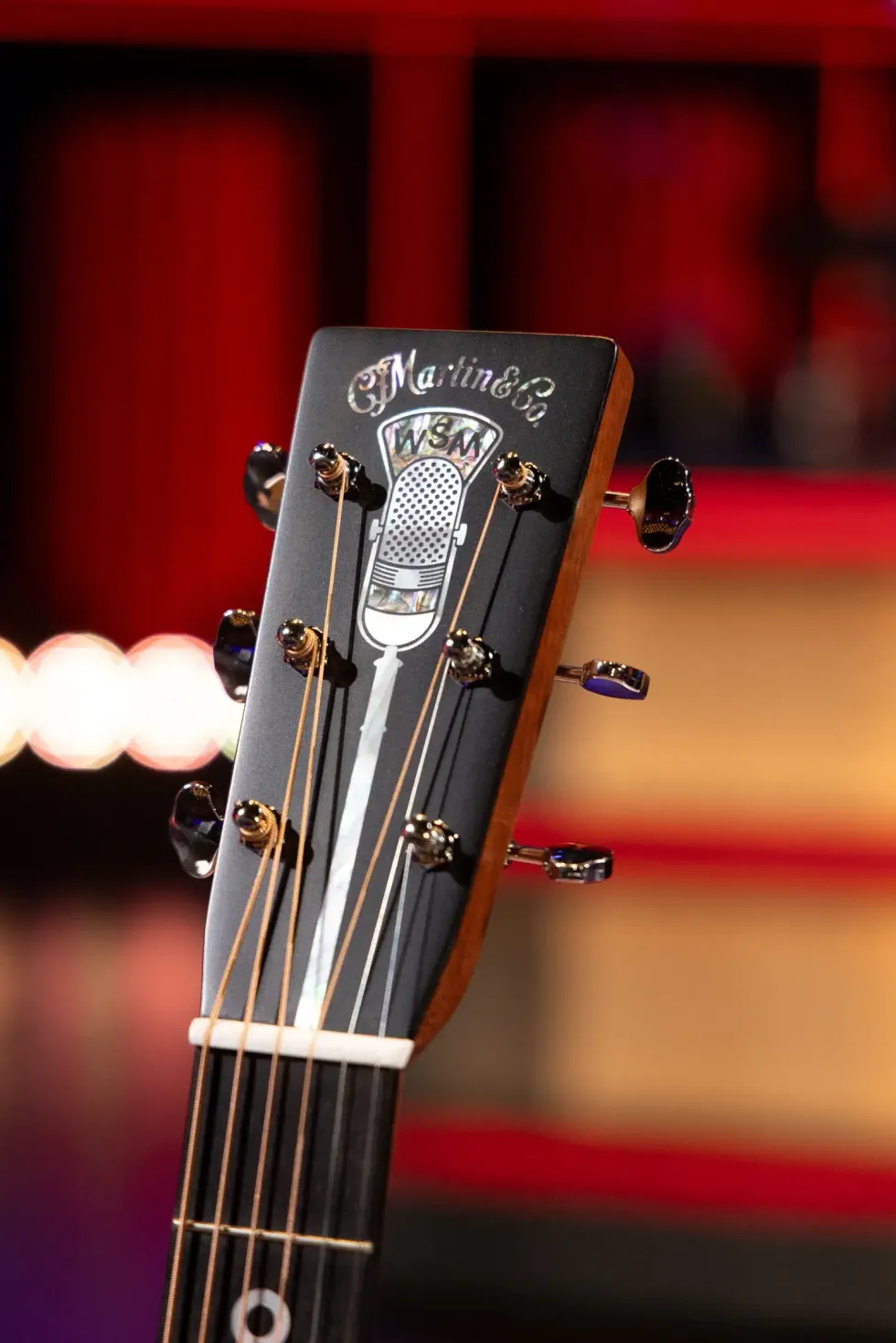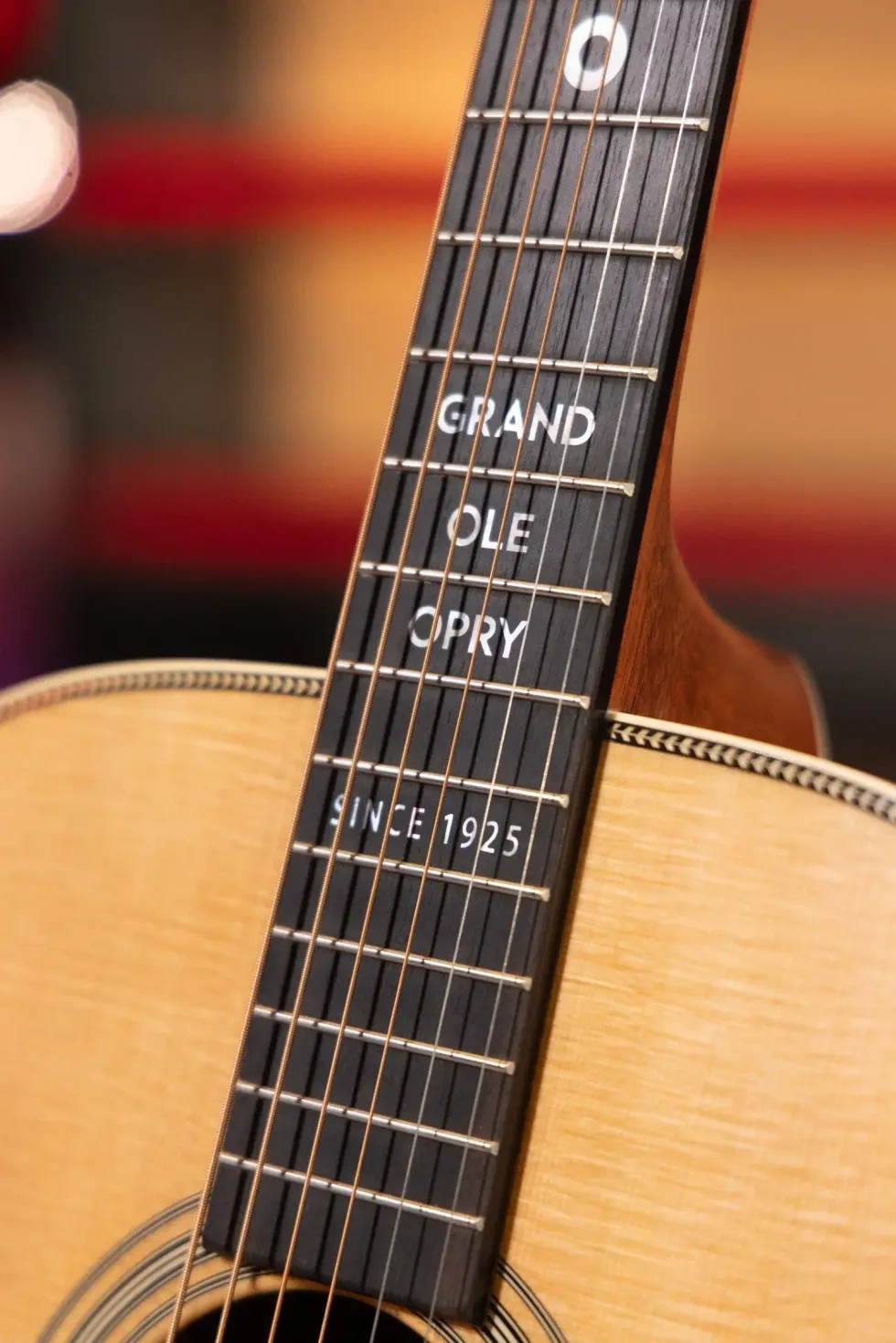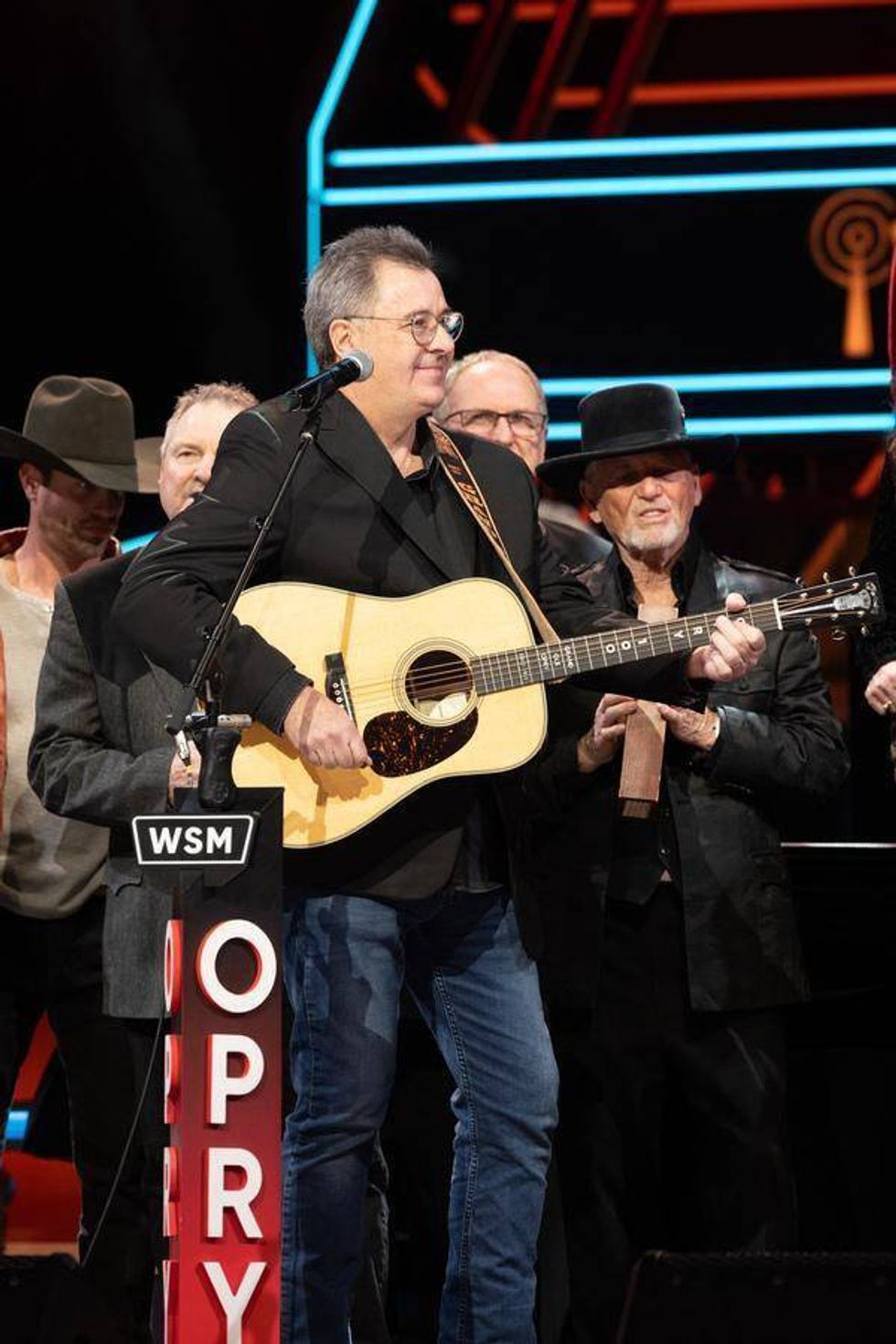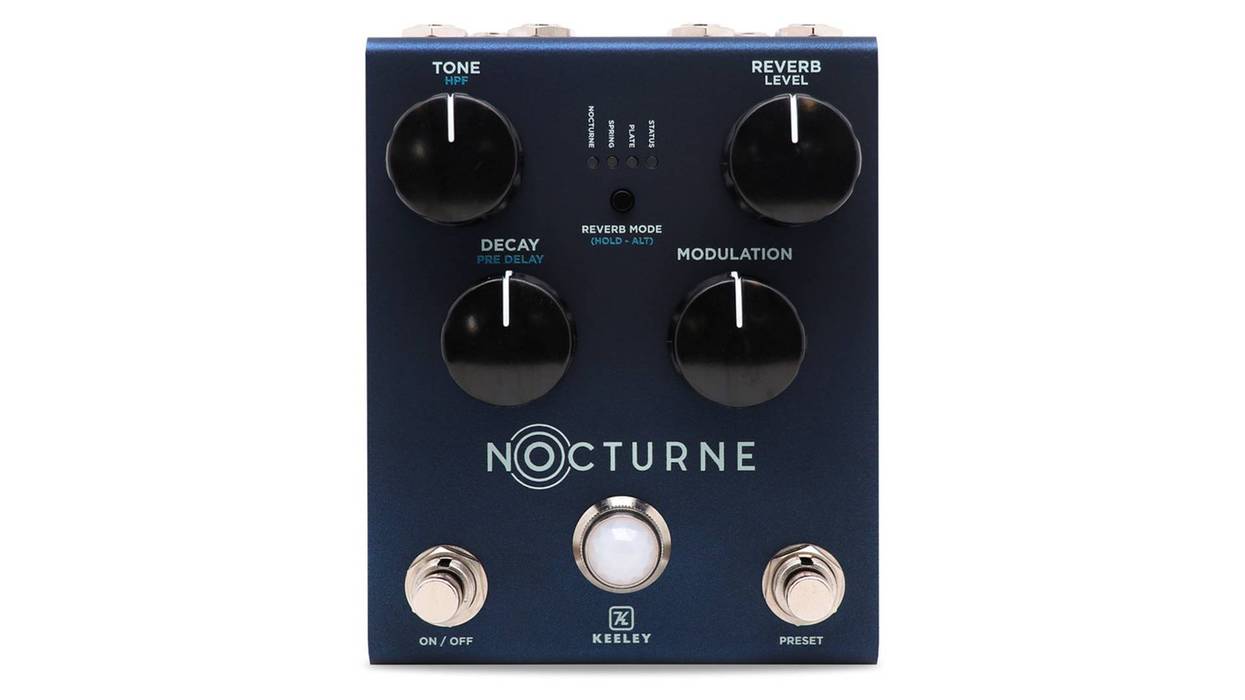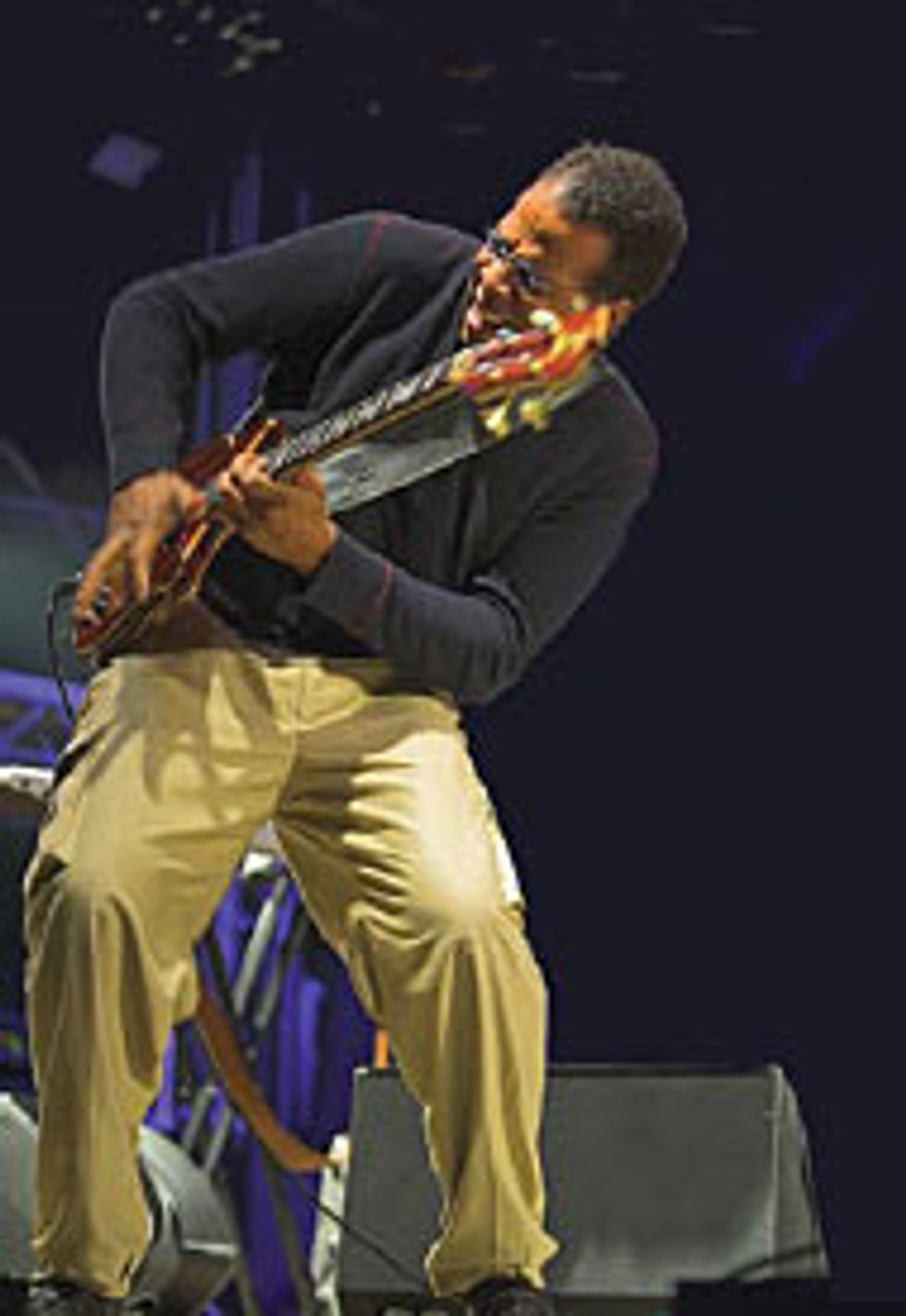 Our guest in this month’s column was
referred to as a legend by age 25 years
old. He is also a noted music composer,
orchestrator, conductor and performer for
such films as Boyz n the Hood, What’s
Love Got to Do with It, Passenger 57 and
Poetic Justice to name a few. He has been
quoted as saying, “Film has given me the
opportunity to compose large orchestral
scores and to compose music not normally
associated with myself.” Sony has even
released a CD entitled Stanley Clarke at
the Movies which showcases his true
diversity as a musician.
Our guest in this month’s column was
referred to as a legend by age 25 years
old. He is also a noted music composer,
orchestrator, conductor and performer for
such films as Boyz n the Hood, What’s
Love Got to Do with It, Passenger 57 and
Poetic Justice to name a few. He has been
quoted as saying, “Film has given me the
opportunity to compose large orchestral
scores and to compose music not normally
associated with myself.” Sony has even
released a CD entitled Stanley Clarke at
the Movies which showcases his true
diversity as a musician.
In the 1970s he redefined and reshaped the way bass players approached their instruments. He took Larry Graham’s (Sly and the Family Stone) slap-funk technique and pushed it to the next level. He’s one of the renowned members of the progressive jazz fusion band Return to Forever with Chick Corea. He is also the inventor of the piccolo bass and tenor bass. I had the pleasure of speaking with Stanley and asking him about the Larry Graham song, “Hair”, which he covered with Joe Satriani on the Guitar Masters, Vol. 1 compilation.
He shared the story of how he stumbled upon that particular song. “I think it was before they even recorded it. I was standing in a club in San Francisco with Carlos Santana. Carlos had on this trench coat with all these tape recorders underneath his coat – he’s a real fan of music and loved to make recordings of live shows. He said, ‘Man, you have to check out Graham Central Station.’ It was in this little club. I knew Larry with Sly and thought he was an amazing bass player. When I heard ‘Hair,’ I said ‘Oh, Shit!’” So as a homage to Larry, he recorded the song with Joe Satriani.
Stanley has a home studio where he does most of his solo projects for albums and film/television scoring. For the recording of “Hair,” Stanley told me that he used his famous Alembic basses and F2 preamps. He recorded using two SWR amps and cabinets. One cabinet had 2x15” speakers and the other cabinet housed 4x10” speakers. He then mic’d each cabinet separately and took a direct signal out of the amps themselves. This gave him the flexibility to blend during mixdown.
Stanley recorded using the Fairlight hard disc recorder, which at the time was similar to ProTools. Interestingly enough, he used an analog mixer to monitor and EQ the signal. During mixdown, his engineers still liked having something physical to work with and used the analog board. When mixing on digital hardware, such as ProTools, many old school engineers like the feel of actual faders underneath their fingers to control the mix and utilize the onboard EQs. I have a vintage Trident 32x16 console and the EQs are so musical I want to be able to physically turn the frequency knobs to affect the tracks. It also allows me to bus certain tracks and use vintage outboard effects processors, like the Eventide H3000 and the Lexicon PCM70.
As far as outboard gear, Stanley told me he is a fan of the Fairchild limiter, which he used on his first four solo albums. But with the new technology of today, there is a current Fairchild plug-in that Stanley feels gets 95% of the sound of the original hardware. He explained that because of the Alembic’s wide dynamic range you need a really nice limiter to control the sound when recording. This also affects Stanley’s choice of mics; when choosing a mic, he considers not only the source, but the room ambience too. For instance, when he wants a really big bass sound, he uses an outside studio. In the past, he’s used studios that housed separate rooms for each instrument, and he really likes the feel and sound of each instrument being physically separated.
With his new release, The Toys of Men he discussed the present state, or rather the lack of instrumental music on the radio, saying, “The airplay thing is really tough – there is really nothing out there. I do have some faith in satellite radio. They have so many more possibilities and programs. All of my friends who have XM are musicians and are into the technology. As for the average guy, satellite radio just needs to figure out how to reach them and build up their listenership. Not until cars come with satellite-ready radio will it catch on.”
It was a rare pleasure getting tips from the man who revolutionized the sound of the bass. I can only look forward to what lies ahead for this ever-evolving artist. For more on Stanley, visit stanleyclarke.com.
Brian Tarquin
Emmy Award Winning Guitarist Brian Tarquin scored a Top 20 hit in the 90’s with “The Best of Acid Jazz, vol. 2” on Instinct Records and enjoyed several top 10 hits on the R&R charts. Founder of the rock/electronica band, Asphalt Jungle and has scored TV music for such shows as, CSI, Smallville, MTV, Alias, 24, All My Children and many others.
bohemianproductions.net
jungleroom@optonline.net
myspace.com/bohemianproductionsmusic


